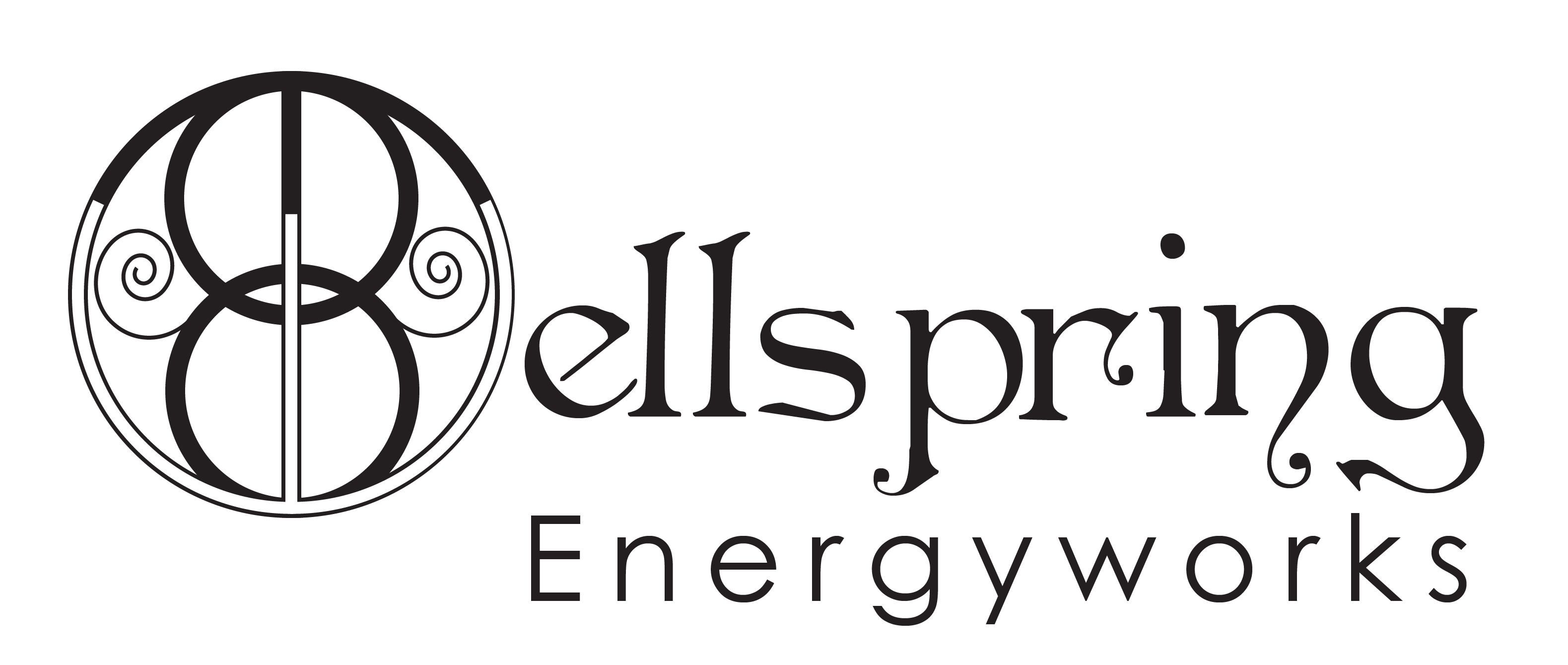Divine Communication – Not just for Mystics and Crazies
 I recently posted an article about the Law of Attraction and how it relates to the Divine Presence (you can read it here). It seems natural for me to also talk about how I have learned to perceive the Creator, and to share with you the path I took to this means of divine communication.
I recently posted an article about the Law of Attraction and how it relates to the Divine Presence (you can read it here). It seems natural for me to also talk about how I have learned to perceive the Creator, and to share with you the path I took to this means of divine communication.
I do not consider myself either a mystic or delusional. I have, however, been incredibly interested in the Divine for as long as I can remember. Instead of playing the usual role-based games of childhood (superheroes, house, etc.), I taught the neighborhood kids how to play Greek Gods and Goddesses. I usually wanted to be Athena, since she was the most badass in my opinion.
I was always looking for “sacred spots” in the woods, where the energy felt… special. Later, as I learned more about my particular energetic gifts, I discovered that what I was feeling were energetic nodes and ley lines in the earth. The ability to sense the sacred is bone-deep in me.
As I entered high school, I began to feel a strong disconnect with the Roman Catholic tradition of my family. It felt like women were second-class citizens, especially with God portrayed as unwaveringly male. Women weren’t allowed to be priests. Nuns couldn’t say mass. I felt called to something deeper, but the Catholic Church was not the place for me.
Ironically, I continued to work as a church musician in the Catholic Church for many more years. This created an even deeper divide within myself between what the church taught that the Divine was and what I perceived the Creator to be. I kept most of my ideas to myself, driving my true beliefs underground.
Different Paths
Shortly before I entered college, I discovered Wicca – the earth-based religion of the ancient Celts. The dual nature of the Divine as both masculine and feminine made much more sense to me than a distant, male God. I studied the faith and started leading a small group of like-minded young people in college. Still, there was something missing, some need that couldn’t be met in Wicca or in the Catholic Church (where I still worked). This was complicated. My new faith practice had to be kept a secret, for I was certain that I would have lost my job if they knew.
Years passed. I worked in churches of several denominations, still keeping my secret. I moved to California for grad school and found a new Wiccan group. It was good for a while, but people eventually moved away, and it finally dissolved. In a difficult time of my life, I discovered the Episcopal Church. Their stance on tolerance and open-mindedness on many issues made me feel wholly welcome, and I joined.
But I still had not found the connection with the Divine that I longed for. I wanted something personal. Relational. I wanted to talk to my Creator but had no idea how that would work. I am a crappy prayer. It always felt like I was whiny, clingy, and needy as I listed off the things I wanted God to fix in my life. It seemed like a pale imitation of a real relationship.
As I began to study the Law of Attraction, I learned that one of the basic techniques for raising one’s vibrational energy is gratitude. Relieved, I stopped praying for stuff I wanted and went to sleep every night and woke every morning with my “thank you list” to my Creator. This was so much easier! It was a pattern that made me feel good about myself and my life. I still wished that the conversation was two-way, but I was content to be grateful.
And then I read the book that planted the seed that changed my entire life.
Eat, Pray, Love
Made into a major motion picture starring Julia Roberts, Eat, Pray, Love by Elizabeth Gilbert has changed the way that modern women look at their midlife crises and spirituality. Although I found her storytelling colorful and compelling, it was her writing about her relationship with the Divine that captivated me. She shared her experience with Divine communication that made my hair stand on end, like being near a lightning strike. What follows is a quote from that life-changing book:
“The goons of Depression and Loneliness have barged into my life again, and I just took my last Wellbutrin three days ago. There are more pills in my bottom drawer, but I don’t want them. I want to be free of them forever. But I don’t want Loneliness and Depression around, either, so I don’t know what to do, and I’m spiraling in panic, like I always spiral when I don’t know what to do. So what I do for tonight is reach for my most private notebook, which I keep next to my bed in case I’m ever in emergency trouble. I open it up. I find the first blank page. I write:
‘I need your help.’
Then I wait. After a little while, a response comes, in my own handwriting:
I’m right here. What can I do for you?
And here recommences my strangest and most secret conversation. Here, in this most private notebook, is where I talk to myself. I talk to that same voice I met that night on my bathroom floor when I first prayed to God in tears for help, when something (or somebody) had said, ‘Go back to bed, Liz.’ In the years since then, I’ve found that voice again in times of code-orange distress, and have learned that the best way for me to reach it is written conversation. I’ve been surprised to find that I can almost always access that voice, too, no matter how black my anguish may be. Even during the worst of suffering, that calm, compassionate, affectionate and infinitely wise voice (who is maybe me, or maybe not exactly me) is always available for a conversation on paper at any time of day or night.” [pg.54-55]
Sabbatical Reflections
I read this book just as my wife and I were setting out on a four-month sabbatical that was mostly a pilgrimage to Santiago de Compostela, Spain, and Canterbury and Glastonbury, England. I was absolutely fascinated by this account of intimate and readily available access to the Divine. And I was simultaneously terrified: would this Divine communication work for me?
I wondered about this for weeks, as we rode across the US on our motorcycle, visiting family and friends before embarking on our pilgrimage. What would it mean if I was able to communicate with my Creator in this way? What would it mean if I couldn’t? Did I dare to try?
When we arrived in Glastonbury, I knew that the time and place to find out had come. We were staying at the guest house at the Chalice Well, a sacred site that has played a central role for me in my spiritual development. Holy to Christians and Pagans alike, I had made several pilgrimages here in the past.
First Attempt at Divine Communication

The site of my spiritual transformation-Chalice Well Gardens, Glastonbury, UK
I picked up my iPad and headed into the garden on a drizzly morning. I blessed myself and drank the sacred waters of the well. Settling myself on a bench just above the well source, I opened up my journal app. I took a deep breath and started typing. My fears poured out, and I asked if I was being led to do this silly exercise by my Creator.
I clicked the return button twice and waited.
You know it is me. I’m always here. Sometimes it is hard for you to stop and listen. But you are now, and I am so glad you are here in our special place.
And then, we talked. Like friends who knew each other completely. I asked questions and received answers that surprised and enlightened me. At one point, I asked: “I’m finding this sort of meditation very helpful, but I find myself wondering if it’s all just my imagination.”
Of course it is. Where do you think that I live inside you? I exist in that Source place where ideas and inspiration begin. This is a creative exercise, and I am here with you because you specifically asked me to be wholly present. I’d be present, even if you didn’t ask, but not as perceptibly.
Conversation and Doubts
Much was exchanged, and the Divine communication continues to this day. But I have had my doubts along the way. Was this just a delusion? Elizabeth Gilbert had the same misgivings:
“I’ve decided to let myself off the hook from worrying that conversing with myself on paper means I’m a schizo. Maybe the voice I am reaching for is God, or maybe it’s my Guru speaking through me, or maybe it’s the angel who was assigned to my case, or maybe it’s my Highest Self, or maybe it is indeed just a construct of my subconscious, invented in order to protect me from my own torment.
Saint Teresa called such divine internal voices ‘locutions’ – words from the supernatural that enter the mind spontaneously, translated into your own language and offering you heavenly consolation. I do know what Freud would have said about such spiritual consolations, of course – that they are irrational and ‘deserve no trust. Experience teaches us that the world is no nursery.’ I agree – the world isn’t a nursery. But the very fact that this world is so challenging is exactly why you sometimes must reach out of its jurisdiction for help, appealing to a higher authority in order to find your comfort. [pg. 55]
We set out on our 500-mile walking pilgrimage across Spain towards Santiago de Compostela. I endlessly questioned my wife (who is an Episcopal priest) as to whether or not she thought I was crazy. We talked about the mystics, including St. Teresa. We talked about the Desert Fathers and their visions. She did her best to reassure me that there was nothing odd about my new form of communication.
Old Habits, Poor Advice
 I even spoke to an old Catholic priest along the way. I’m not certain if it was a matter of language barriers, but I’m pretty sure that he didn’t think highly of a woman talking to God in such a brazenly direct manner. I reminded myself that it was a disconnect with the Catholic Church in the first place that set me on my current path. I found reassurance in Gilbert’s words:
I even spoke to an old Catholic priest along the way. I’m not certain if it was a matter of language barriers, but I’m pretty sure that he didn’t think highly of a woman talking to God in such a brazenly direct manner. I reminded myself that it was a disconnect with the Catholic Church in the first place that set me on my current path. I found reassurance in Gilbert’s words:
“At the beginning of my spiritual experiment, I didn’t always have such faith in this internal voice of wisdom. I remember once reaching for my private notebook in a bitter fury of rage and sorrow, and scrawling a message to my inner voice – to my divine interior comfort – that took up an entire page of capital letters:
‘I DO NOT FUCKING BELIEVE IN YOU!!!!!!!!!!’
After a moment, still breathing heavily, I felt a clear pinpoint of light ignite within me, and then I found myself writing this amused and ever-calm reply:
Who are you talking to, then?
I haven’t doubted its existence again since.” [pg. 56]
This Divine Voice is always present, calm, and loving. In my experience of Divine communication, there is never a shadow of judgment, only concern. She is patient, funny, and always insightful. She can cut through my drama and bullshit with tenderness and compassion. I think that ultimately, this is the reason that I know and trust Her voice: because I have not yet learned that degree of tenderness and compassion towards myself.
That is all the proof I require.

Clear your Space - Recharge your Self - Direct your Life
As an Amazon Affiliate, I earn from qualifying purchases.
Latest posts by Christina Laberge (see all)
- Scent and Creating Sacred Space at Home - November 28, 2018
- Sacred Sound – Enhance Your Home - November 21, 2018
- Moving Cross-Country with Less Stress - October 4, 2018
